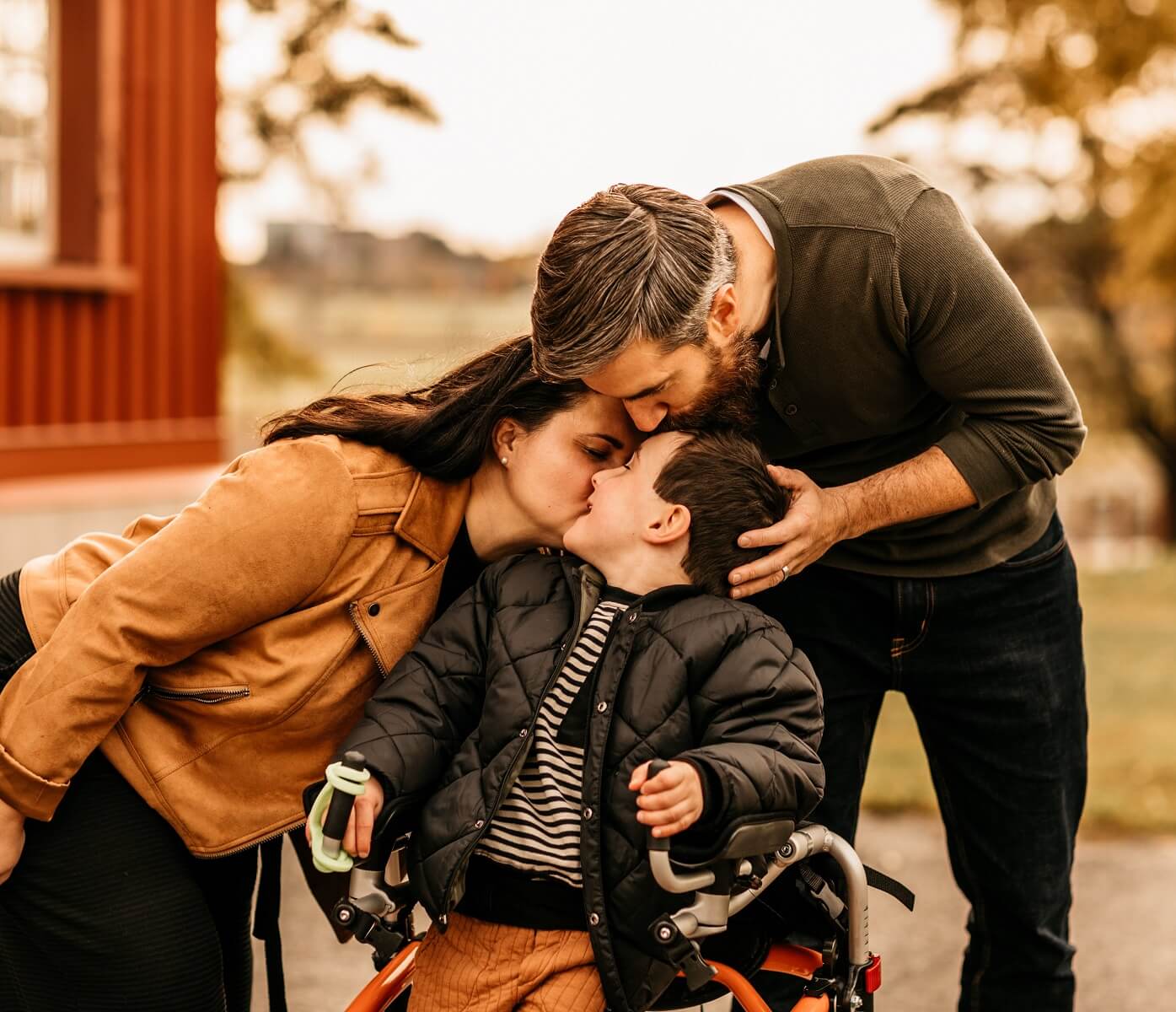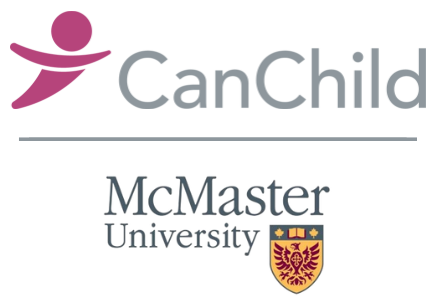
We promote ‘non-categorical’ thinking about child/family development in the face of variated diagnoses. In the same time, our researchers are involved in many condition-specific research programs. We are informing diagnosis, assessment, and supports for Autism, Cerebral Palsy, Developmental Coordination Disorder, Brain Injury/Concussion, and other rare conditions.
Aims to improve the understanding and management of various conditions, including Autism, Cerebral Palsy, Developmental Coordination Disorder (DCD), Brain Injury/Concussion, and other rare conditions. Research is focused on advancing diagnosis, assessment tools, and support strategies for these conditions, with the goal of improving outcomes and enhancing the quality of life of individuals and their families.
Refers to a developmental condition associated with a wide range of abilities related to differences in a child’s social communication, learning and behavior.
Acquired brain injury (ABI) is defined as damage to the brain, which occurs at least seven days after birth and is not related to a congenital disorder.
Refers to a group of developmental conditions that have several features in common. All are associated with some kind of injury to the developing brain.
DCD is a common child-onset condition that impacts motor skill development. Children with DCD have difficulty learning and doing everyday tasks like printing, getting dressed, or riding a bike.
This section includes information about how we can take a non- diagnostic and non-categorical approach to child development by thinking about a child and family’s strengths and needs.
